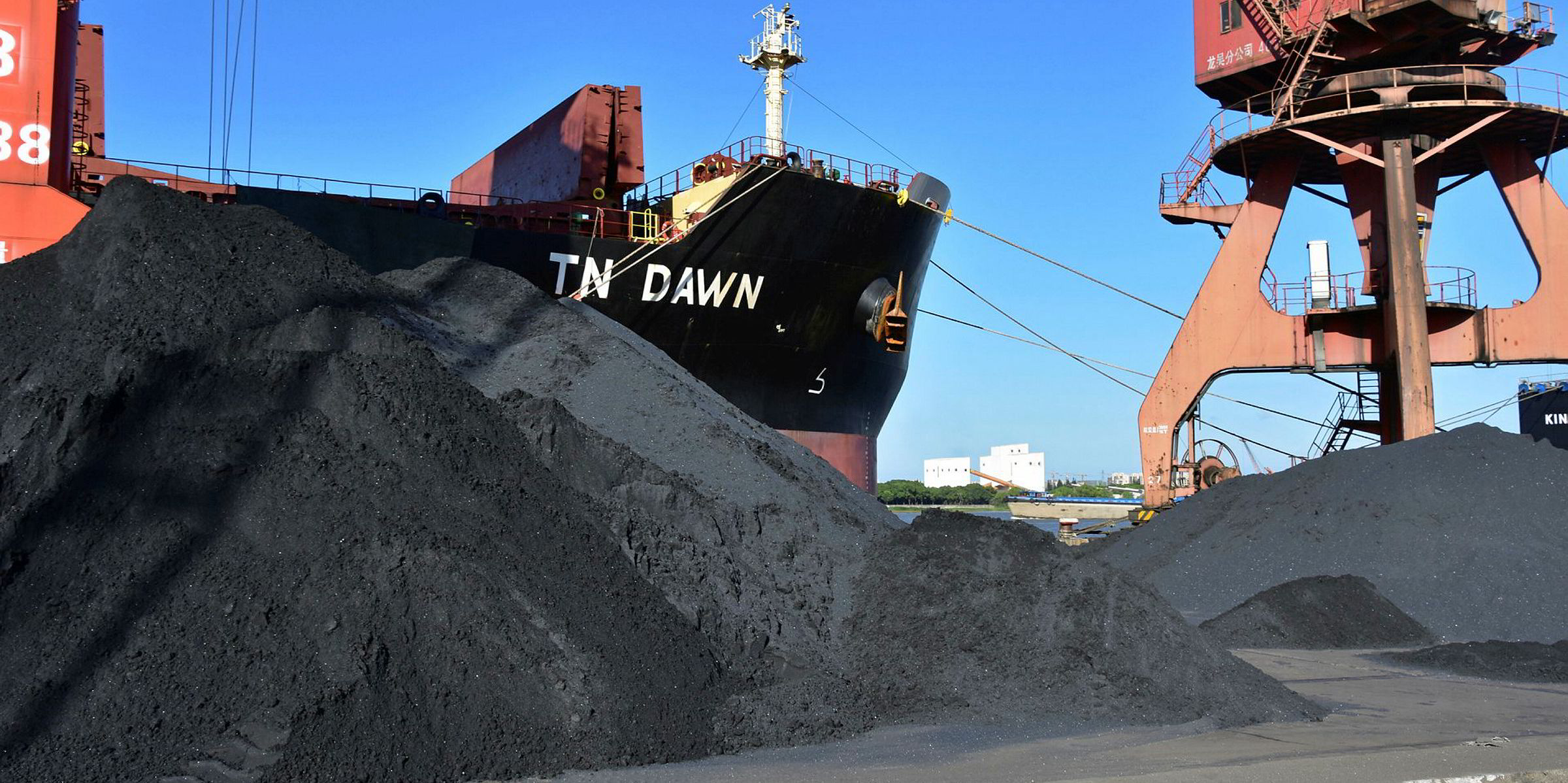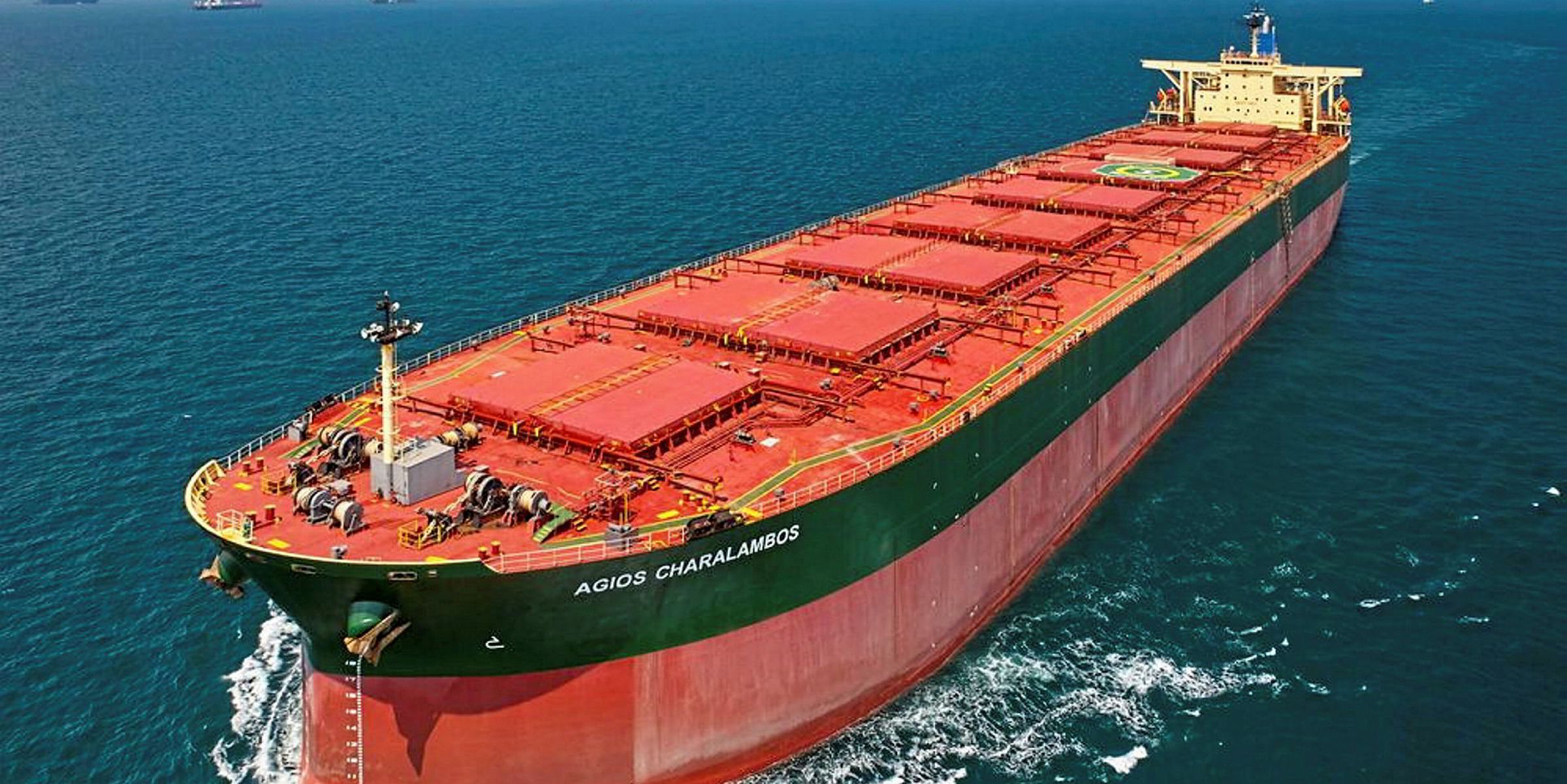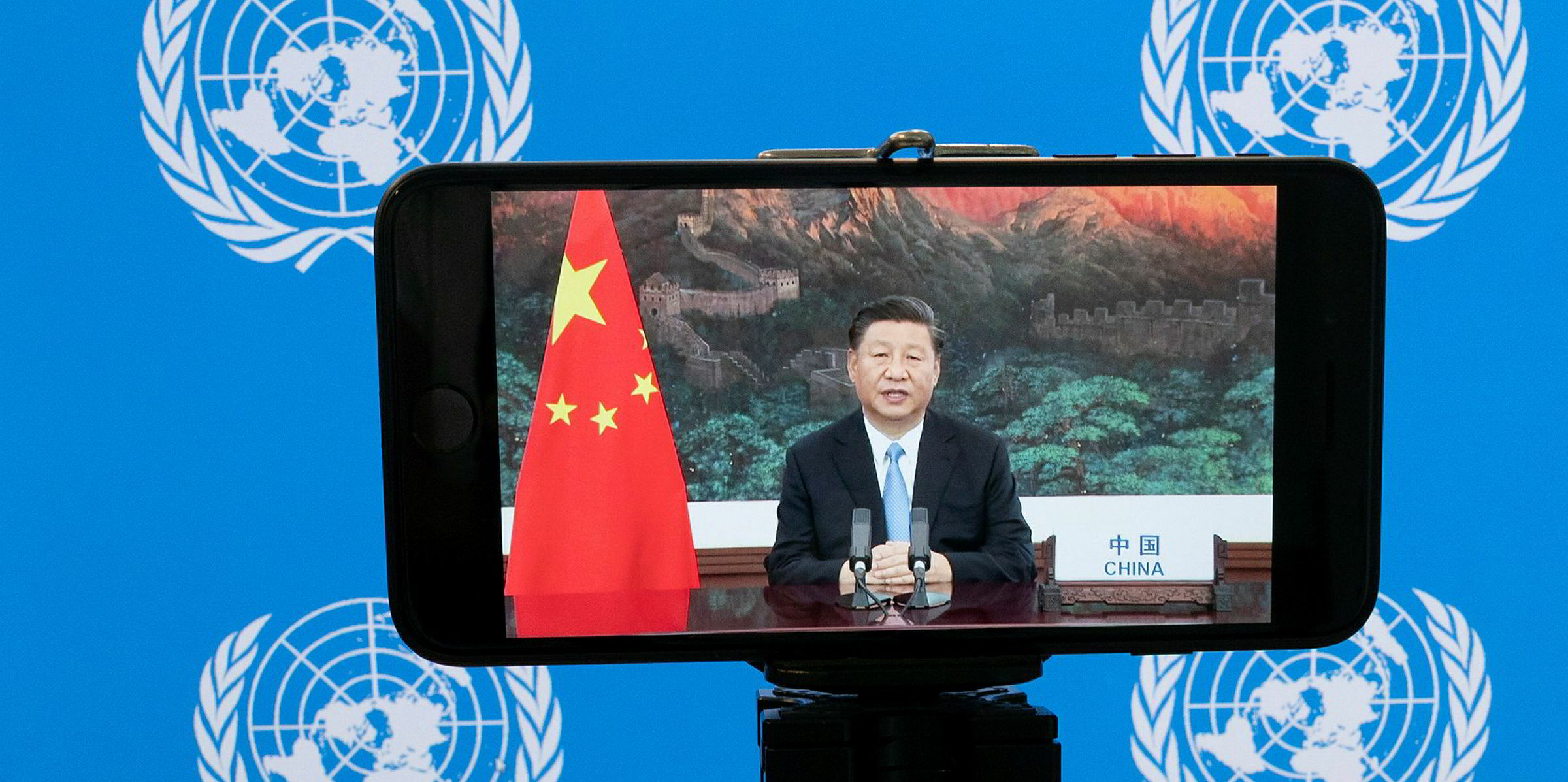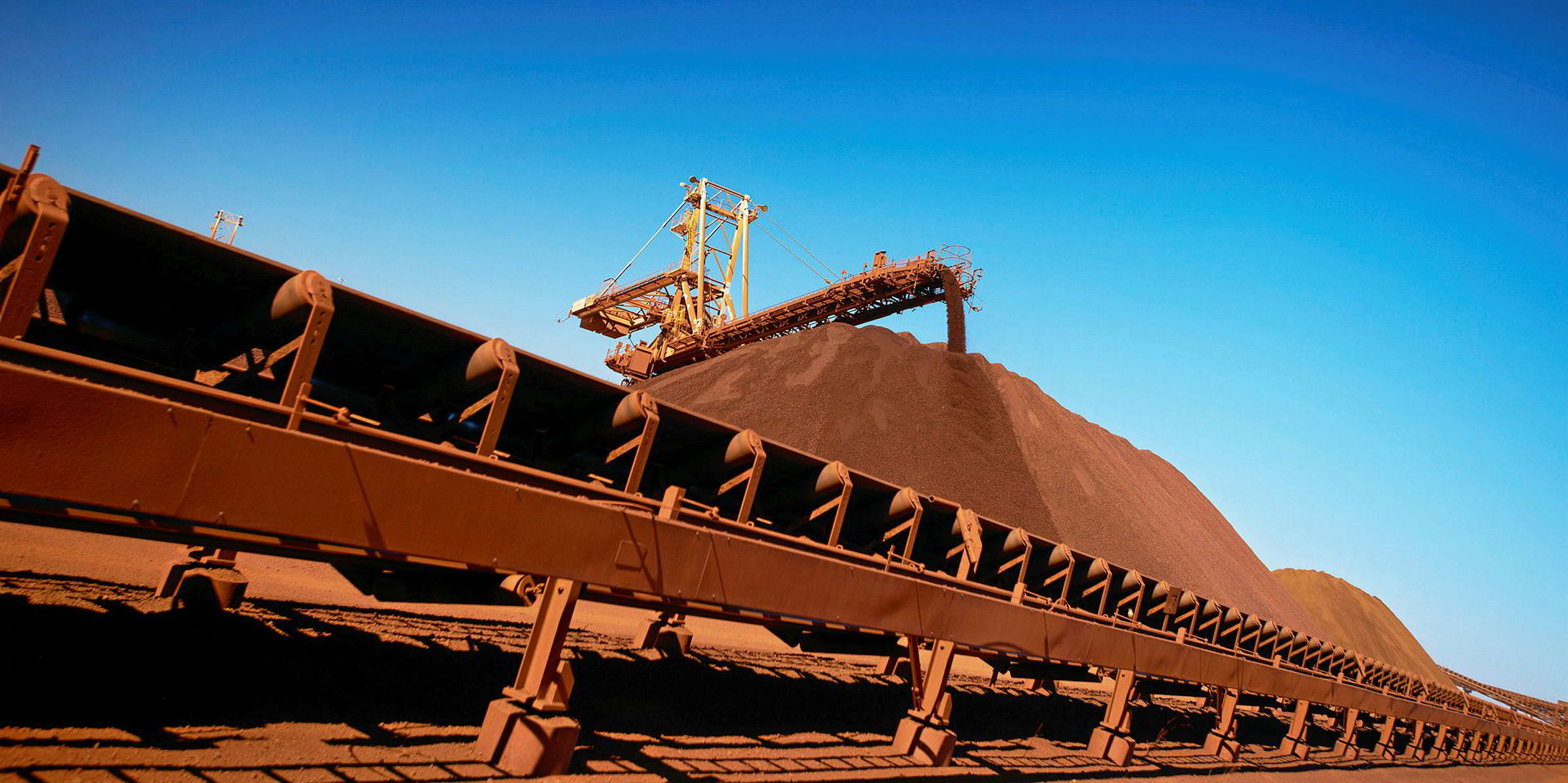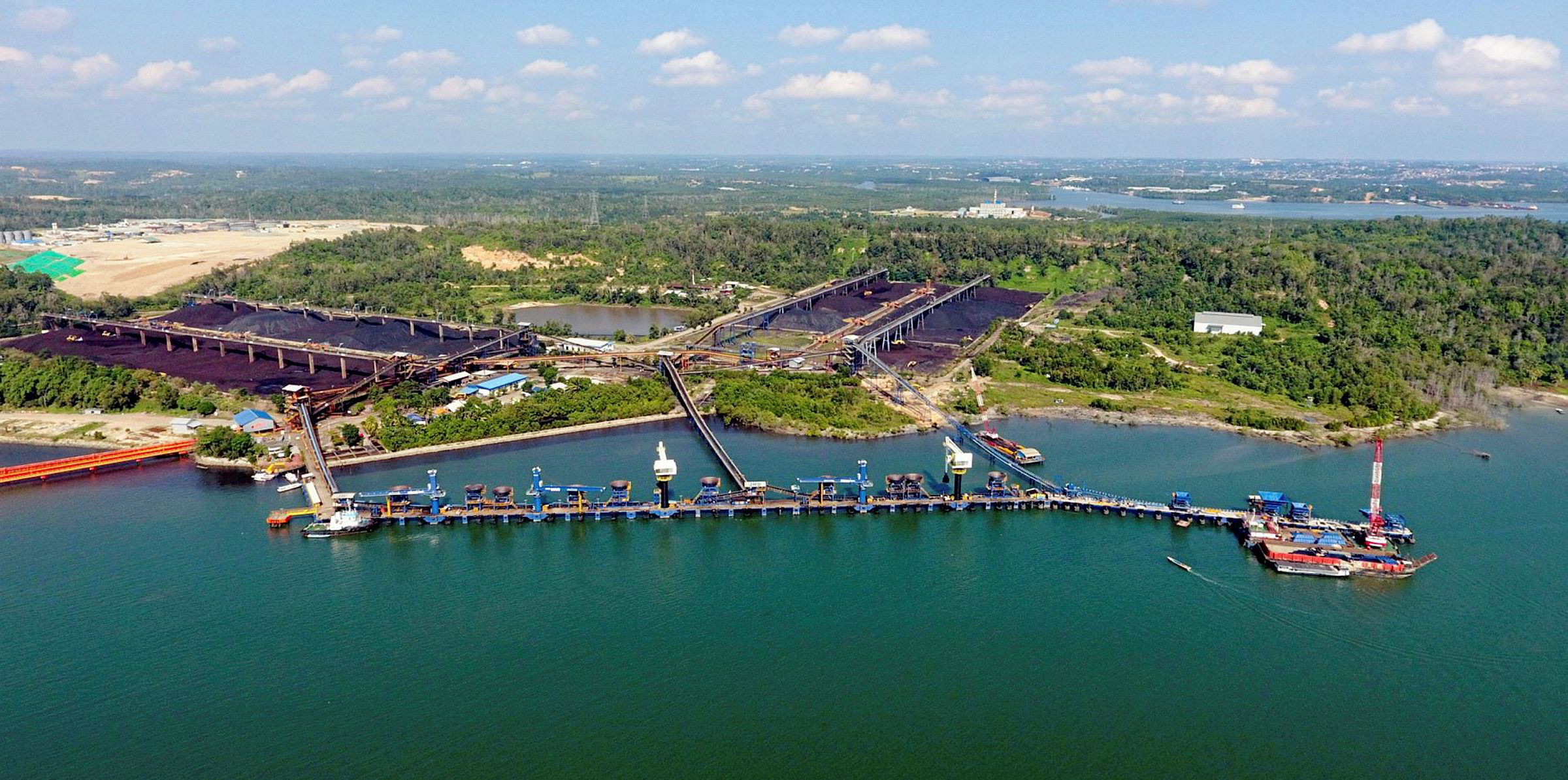Asian dry bulk markets have been thrown into disarray after widespread reports emerged claiming that the Chinese government has unofficially blocked coal imports from Australia.
It is affecting Panamax and Capesize bulkers fixed to haul coal between the two countries, according to brokers.
TradeWinds is told that close to 30 bulkers loaded with Australian coal are stuck off Chinese ports, waiting to discharge. Some of the ships have been there for months.
Australia is the largest supplier of metallurgical coal to China, which accounts for almost a quarter of it exports, according to the country's Department of Industry, Science, Energy and Resources.
There has been no formal notification from the Chinese government of any ban. Instead, it has been spreading by word of mouth across the coal and shipping sectors.
Several shipping players said Chinese coal companies have been told via unofficial channels to halt coal imports from Australia.
“Instructions were given verbally to the coal importers, most of whom are state-owned,” one charterer told Tradewinds.
He said rumours of the ban had been circulating in the market for several months. But it is only recently that importers were informed that they had better tow the line.
Brokers said they were also confused about what was going on, and the unofficial nature of the ban could cause serious legal implications for charterers and operators.
“There was no explanation given for the delay in discharging the cargoes,” said a shipbroker involved with charters of vessels currently stuck off China.
“This [ban of importing Australian coal] is not something official, which is the worst thing,” he added.
Without an official ban, ships cannot declare force majeure.
Other brokers expressed concerned over vessels heading to Australia that have been fixed by traders and exporters, or are operating on contracts of affreightment.
“Until notified otherwise, these ships are contractually required to load and deliver that coal,” said one broker, who described the market as being “on edge”.
Traders at large commodities houses declined to speak on the record, citing the need for further clarity before they could offer comment.
That clarity remains elusive for now.
In the dark
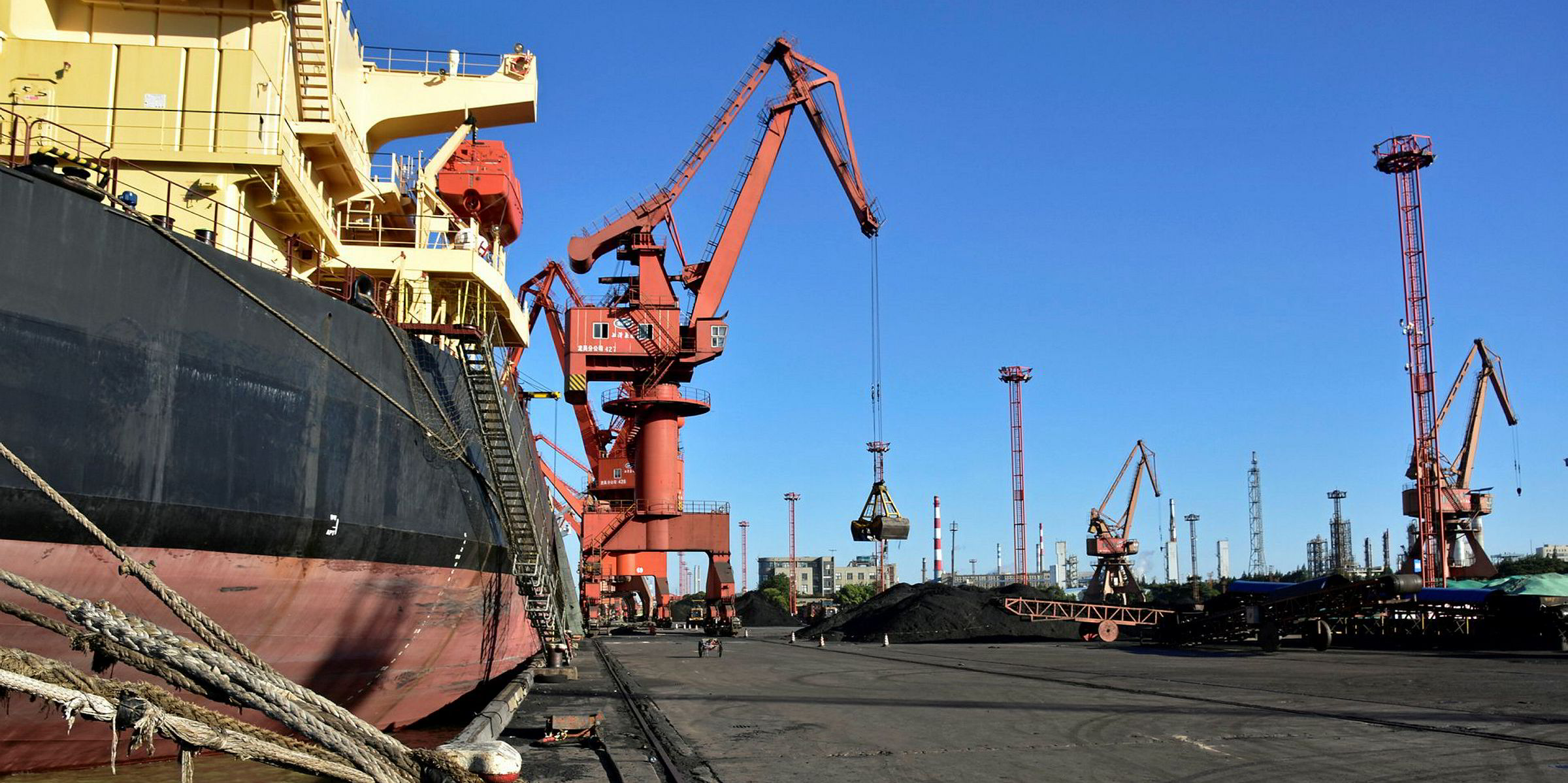
Even the Australian government appears to be in the dark just like everyone else.
“We are making approaches to Chinese authorities in relation to that speculation,” Australian Trade Minister Simon Birmingham told Sky News on Tuesday.
“We take the reports seriously enough certainly to try to seek assurances from Chinese authorities that they are honouring the terms of the China-Australia Free Trade Agreement and their WTO obligations.”
Tania Constable, chief executive of the Minerals Council of Australia, suggested in a written statement sent to TradeWinds that it may be down to fluctuations in demand.
“We are aware of trade media and analyst comments on these matters. The trade with China changes through the year based on a range of factors, including quotas. Australia will continue to see demand for its high quality of coal and the medium term outlook remains positive,” she said.
Coal industry players and political observers remain adamant that China’s shunning of Australian coal is a direct result of the increasingly strained political ties between the two countries.
Beijing has objected to a series of diplomatic moves by the Australian government including Prime Minister Scott Morrison’s calls for independent investigators to be allowed into the Chinese city of Wuhan to probe the origins of the coronavirus.
Australia has also been a vocal critic of China’s territorial claims over the South China Sea, while China has accused it of supporting the US in its trade and security disputes with China.
Platts Analytics data indicates that between January and August, Australia exported 38.6m tons of thermal coal and 31.6m tons of metallurgical coal to China, an increase of 4.6m tons and 8.5m tons from the same period in 2019.
Coal industry sources say China has its own supply of domestic coal and Indonesia and South Africa could make up for any shortfalls in Australian coal.
Chinese coal importers are said to be increasingly turning to Indonesia for their coal supply and one Chinese shipowner said charterers are “snatching up panamax bulkers” to carry it.
Dry bulk watchers say it is unlikely that the coal situation will spill over into iron ore as China is too reliant on Australian exports, and would have difficulty finding alternative supplies.
